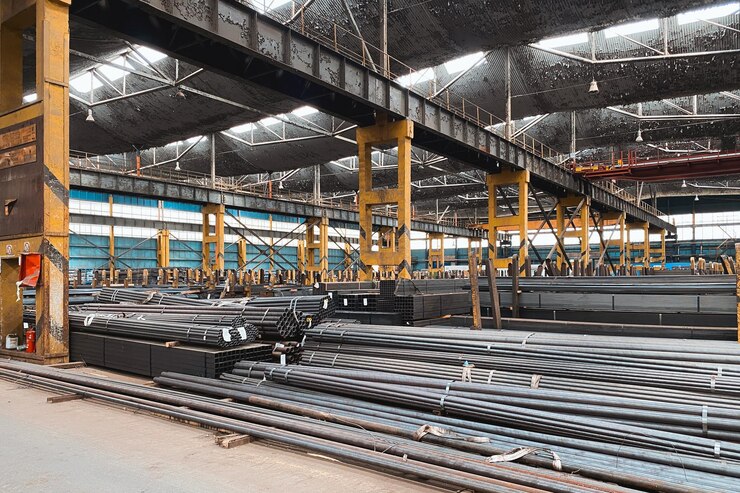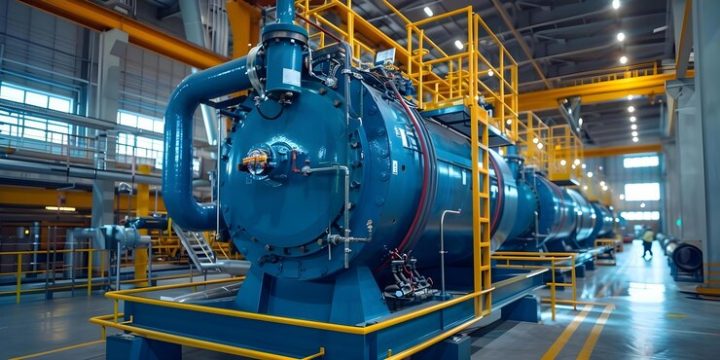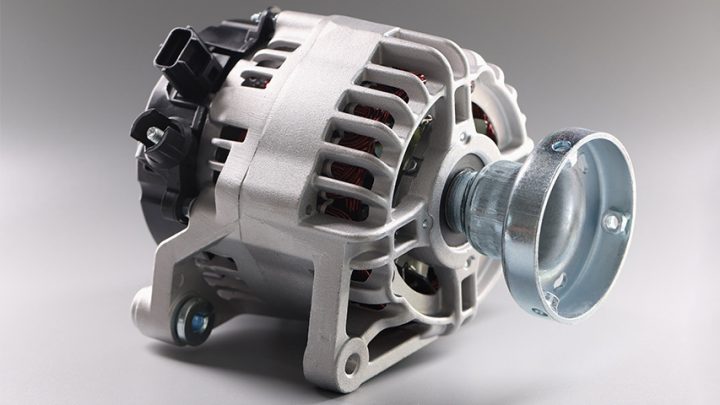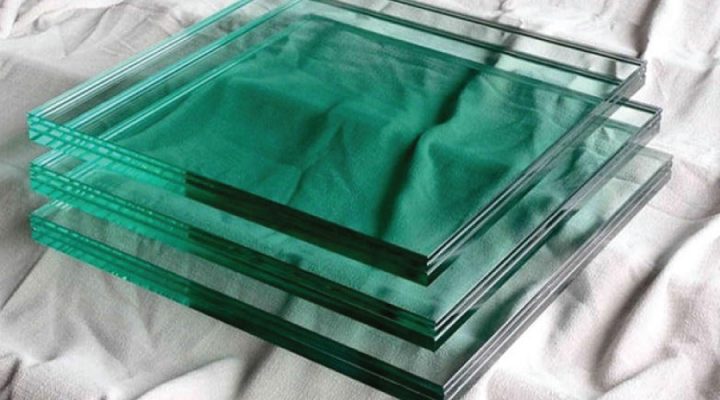Introduction
In the world of industrial applications, materials play a critical role in ensuring efficiency, durability, and reliability. When it comes to constructing pipelines, frameworks, and machinery, steel tubing has emerged as a versatile and dependable choice. Steel tubing offers numerous advantages that make it an essential component in various industrial applications. In this blog, we’ll delve into the numerous benefits of using steel tubing, shedding light on why it is a preferred material for industries ranging from construction to manufacturing.
1. Exceptional Strength and Durability
One of the most significant advantages of using steel tubing in industrial applications is its exceptional strength and durability. Steel, as a material, has a high tensile strength, which means it can withstand heavy loads and harsh conditions. This strength makes it ideal for structures and components that need to endure significant stress, such as pipelines, conveyor systems, and support beams.
Steel tubing is highly resistant to deformation, corrosion, and wear and tear. This longevity means that industrial equipment and structures made from steel tubing can have a longer lifespan, reducing maintenance and replacement costs. The reliability and longevity of steel tubing help ensure that industrial operations run smoothly and without frequent interruptions.
2. Versatility in Design
Steel tubing offers a wide range of design possibilities due to its versatility. It can be manufactured in various shapes, sizes, and thicknesses to suit specific industrial applications. Circular, rectangular, square, and oval shapes are just a few examples of the possibilities. The flexibility in design allows engineers and designers to create structures and components that are not only functional but also aesthetically pleasing.
Additionally, steel tubing can be easily customized to meet specific requirements. It can be cut, welded, and bent to create intricate and complex shapes or structures. This adaptability makes it a top choice for applications where precise dimensions and unique designs are essential.
3. Corrosion Resistance
Many industrial environments are exposed to corrosive elements, such as chemicals, moisture, and extreme temperatures. Steel tubing is well-known for its corrosion resistance, making it an excellent choice for these harsh conditions. The protective oxide layer that forms on the surface of steel acts as a barrier, preventing rust and corrosion from affecting the material’s integrity.
This resistance to corrosion ensures that steel tubing maintains its strength and durability over time, even in challenging environments. It is a crucial feature for industries like chemical processing, oil and gas, and marine applications, where equipment and structures are constantly exposed to corrosive substances.
4. Cost-Effective Solution
Steel tubing is a cost-effective material choice for industrial applications. Its durability, longevity, and resistance to corrosion mean that it requires minimal maintenance and replacement over the years. This results in reduced operating costs for industries that rely on steel tubing.
Additionally, steel is a highly recyclable material. It can be recycled and reused without losing its structural integrity, which makes it an environmentally friendly choice. This sustainability factor not only benefits the environment but also offers potential cost savings as it reduces the need for new material production.
5. High Temperature Resistance
In certain industrial processes, extreme temperatures are a constant challenge. Steel tubing can withstand both high and low temperatures, making it a reliable choice for applications that involve temperature variations. Whether it’s the heat of a manufacturing plant or the frigid conditions of a cryogenic facility, steel tubing can maintain its structural integrity and strength.
This high-temperature resistance is particularly advantageous in industries like aerospace, automotive, and energy production, where materials must endure extreme conditions without deformation or degradation.
6. Excellent Material for Fluid Transport
Steel tubing is widely used for fluid transport in industrial applications. Its smooth and corrosion-resistant surface minimizes friction and ensures efficient fluid flow. This quality is vital in industries where the transportation of liquids or gases is a crucial part of the production process, such as oil and gas, chemical manufacturing, and food processing.
Steel tubing’s ability to maintain its integrity under high pressure and temperature conditions makes it an ideal choice for pipelines and hydraulic systems. It can also be seamlessly welded, reducing the risk of leaks and ensuring the safe transport of fluids.
7. Environmentally Friendly
As sustainability becomes an increasingly important consideration in industrial applications, steel tubing is a favorable choice due to its eco-friendliness. It is a recyclable material that can be used and reused without losing its quality. This not only reduces the demand for raw materials but also minimizes waste and energy consumption associated with production.
Steel tubing’s long lifespan and minimal maintenance requirements further contribute to its environmentally friendly profile. It helps reduce the overall environmental impact of industrial operations, making it a responsible choice for companies aiming to adopt more sustainable practices.
8. Resistance to Fire
Fire resistance is a critical factor in various industries, particularly those that deal with high-temperature processes or house-sensitive equipment. Steel tubing has excellent fire resistance, as it does not burn or release toxic fumes when exposed to flames.
This fire-resistant property makes steel tubing a safe choice for industrial applications, where worker safety and asset protection are paramount. In case of a fire emergency, the structural integrity of steel tubing can provide additional time for evacuation and fire control.
9. Wide Availability
Steel tubing is readily available and can be sourced from numerous suppliers worldwide. This accessibility ensures that industries have a consistent and reliable source of materials for their projects. With various grades and specifications available, industries can choose the steel tubing that best suits their specific needs.
Conclusion
The advantages of using steel tubing in industrial applications are clear and numerous. Its strength, durability, versatility, and resistance to corrosion, high temperatures, and fire make it an indispensable material for various sectors. Steel tubing offers cost-effective, environmentally friendly, and safe solutions for industries that require high-performance materials. As technology and innovation continue to advance, steel tubing remains a fundamental choice, proving that it’s a timeless and essential component in the industrial landscape.
If you’re looking for reliable Pipe and tube manufacturers and suppliers, you can conveniently find a wide range of options on Enggpro. Enggpro connects you with top-notch suppliers, ensuring that you have access to the best materials for your industrial needs. With Enggpro, you can streamline your sourcing process, making it easier to access high-quality steel tubing and other essential components, enhancing your industrial operations.



